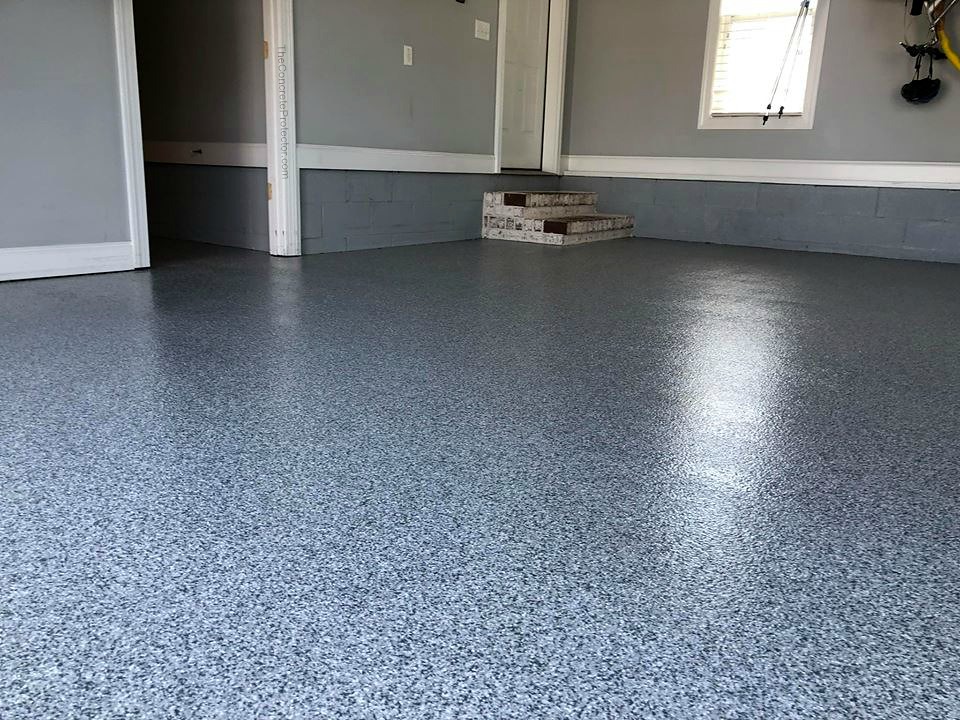Transforming Your Garage Floor: A Guide to Garage Floor Coatings
Garage floor coatings have become increasingly popular among homeowners looking to enhance the appearance and durability of their garage spaces. These specialized coatings not only provide a sleek, professional look but also offer protection against stains, chemicals, and everyday wear and tear. Whether you're aiming to create a showroom-worthy space for your vehicles or simply want to upgrade your garage's functionality, understanding the options available in garage floor coatings is essential.

Why choose epoxy for your garage floor?
Epoxy garage floor coatings are renowned for their strength and durability. This type of coating is created by mixing a resin with a hardener, which results in a chemical reaction that forms a rigid, plastic-like surface when cured. Epoxy coatings offer excellent adhesion to concrete surfaces and provide a hard, impact-resistant finish that can withstand heavy loads. They are also highly resistant to chemicals, making them ideal for garages where oil spills and automotive fluids are common. Epoxy coatings come in a variety of colors and can be customized with decorative flakes or metallic pigments to create unique patterns and designs.
What benefits does polyurethane offer?
Polyurethane garage floor coatings are known for their flexibility and UV resistance. While not as hard as epoxy, polyurethane coatings offer superior resistance to scratches, abrasions, and chemicals. They are particularly effective at resisting hot tire pick-up, which is a common issue with some epoxy coatings. Polyurethane also maintains its clarity over time and doesn’t yellow when exposed to sunlight, making it an excellent choice for garages with natural light exposure. These coatings can be applied as a standalone system or as a topcoat over epoxy to combine the benefits of both materials.
How do you prepare a garage floor for coating?
Proper preparation is crucial for the success and longevity of any garage floor coating. The process typically involves thoroughly cleaning the concrete surface to remove all dirt, grease, and previous coatings. Any cracks or imperfections in the concrete should be repaired before applying the coating. The floor must then be etched or ground to create a profile that allows the coating to adhere properly. This step is often done using mechanical methods such as diamond grinding or shot blasting. After preparation, the floor must be completely dry before the coating can be applied. Proper preparation ensures that the coating will bond well to the concrete and provide long-lasting protection.
What is the application process for garage floor coatings?
The application process for garage floor coatings varies depending on the specific product being used, but generally follows a similar pattern. After preparation, a primer coat is often applied to improve adhesion and seal the concrete. The main coating is then applied using rollers or squeegees, ensuring even coverage across the entire surface. For epoxy coatings, decorative flakes can be broadcast into the wet coating at this stage if desired. Once the base coat has cured, additional layers may be applied for increased durability or to achieve a specific look. Finally, a clear topcoat is often added to provide extra protection and enhance the shine of the finished floor.
How much do garage floor coatings cost?
The cost of garage floor coatings can vary significantly depending on several factors, including the type of coating, the size of the garage, the condition of the existing floor, and whether you choose professional installation or a DIY approach. Here’s a breakdown of estimated costs for different options:
| Coating Type | DIY Cost (Materials Only) | Professional Installation |
|---|---|---|
| Epoxy | $200 - $600 | $1,500 - $3,000 |
| Polyurethane | $300 - $800 | $2,000 - $4,000 |
| Hybrid Systems | $400 - $1,000 | $2,500 - $5,000 |
Prices, rates, or cost estimates mentioned in this article are based on the latest available information but may change over time. Independent research is advised before making financial decisions.
These estimates are for a standard two-car garage (approximately 400-500 square feet). DIY costs cover materials only and assume you have the necessary tools and skills to complete the project. Professional installation costs include labor, materials, and often come with warranties. Keep in mind that prices can vary based on your location, the specific products used, and any additional preparation or repairs needed for your concrete floor.
While garage floor coatings represent a significant investment, they can dramatically improve the appearance and functionality of your garage space. The durability and easy maintenance of these coatings often make them a cost-effective choice in the long run, potentially increasing your home’s value and appeal. Whether you choose epoxy, polyurethane, or a hybrid system, a properly installed garage floor coating can transform your garage into a clean, attractive, and highly functional space that you’ll enjoy for years to come.






